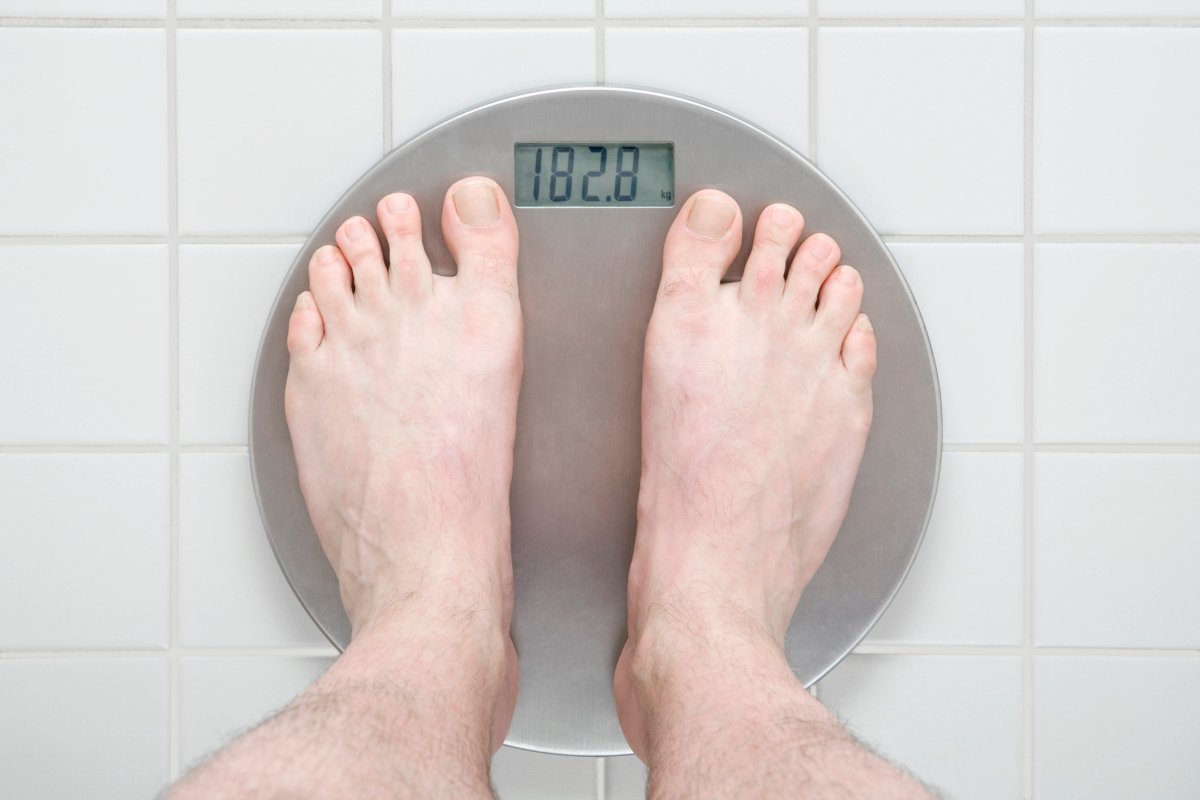BMI — or body mass index — is a simple calculation. Divide your weight in kilograms by your height in metres squared (BMI = kg/m2), and if the number is above 25, you qualify as overweight.

It’s so easy to do that we sometimes use it when we shouldn’t, said Dr. Katherine Morrison, co-director of the Centre for Metabolism, Obesity and Diabetes Research at McMaster University.
“The problem comes when you just take that number and you don’t put it in any context whatsoever but make a presumption of what illnesses are going to be related to that,” she said.
BMI can make mistakes, like classifying a muscular bodybuilder as obese or overlooking a thin person with a big belly, she said.
“Just looking at that number and not actually looking at the individual or speaking with the individual about their lifestyle patterns can get you into trouble,” Morrison said.
To get a more complete measurement of your overall health, you might want to look at a few more things.
Waist circumference can be useful, according to Jennifer Kuk, associate professor in the school of kinesiology and health sciences at York University. It’s easy to do, requiring only a tape measure, and it looks more closely at where exactly fat is depositing on your body, which matters for your health.
“Not all fat is created equal,” she said. “Your abdominal fat is really the fat that’s been linked with your body developing disease.”
Abdominal fat, in particular, is linked more strongly to diabetes and high blood pressure than fat in other areas, she said.
She notes, though, that it might be a good idea to have your measurements taken at a doctor’s office rather than at home, given that people often measure themselves in the wrong spot.
Overall body fat percentage is also a helpful indicator of health, Morrison said, but it’s very hard to estimate without the kind of expensive equipment that’s only available in a research lab or specialist’s clinic.
WATCH: How much does your BMI really tell you?

Other measurements look directly at your fitness. Studies show associations between grip strength, how fast people walk and how many pushups they can do and the likelihood of mortality or cardiovascular events.
“There’s been a lot of research to show that if you can measure cardiorespiratory fitness, that is an excellent measure of both your current health and then your future mortality risk,” Kuk said.
The relationship between strength-based measures, like grip strength, and longevity is a bit weaker, she said.
It’s also important to look at your habits, Morrison suggests. In her practice, where she works largely with children and their families, she talks about BMI “because most of them come in with some fixation as to what would be their goal weight.
“But from my perspective, really trying to help families improve their health, a lot of that will be through behaviour change.”
Her team focuses on four behaviours: nutrition, physical activity, screen time and sleep, she said.
“All of our goal-setting is based upon those.”
Ultimately, Morrison thinks that health can’t be boiled down to a single measurement.
“I think it’s unlikely we’re going to find a single measure that tells you everything you want to know for you as a person.”
Combining a few different measures will give you a more useful picture, she said.
And that doesn’t mean you should throw away BMI completely, Kuk said.
“When you take a look at people that have obesity — so a BMI greater than 30 — compared to people that have a BMI less than 25, they’re about 30 times more likely to develop Type 2 diabetes,” she said. “So there’s definitely really strong associations with certain chronic conditions.”
Monitoring your weight, which is easy to do at home, can also help you adjust your behaviour, she said.
“We know that people tend to gain weight over time. It’s this low, slow little trickle — half a pound to a pound, maybe two pounds per year,” Kuk said.
Over time, you could become overweight and then develop obesity and suffer the associated health risks, she added.
“How do you know if you’re gaining weight if you don’t actually measure your own weight?”


Comments